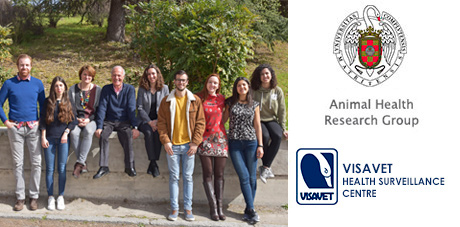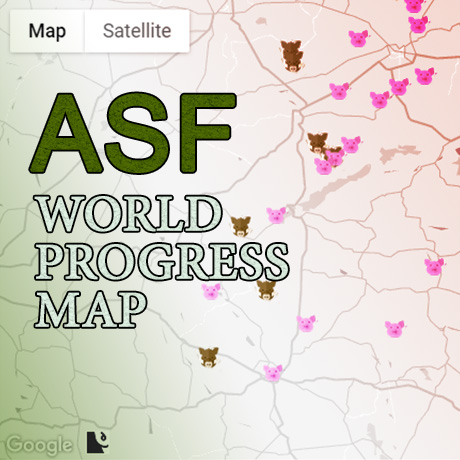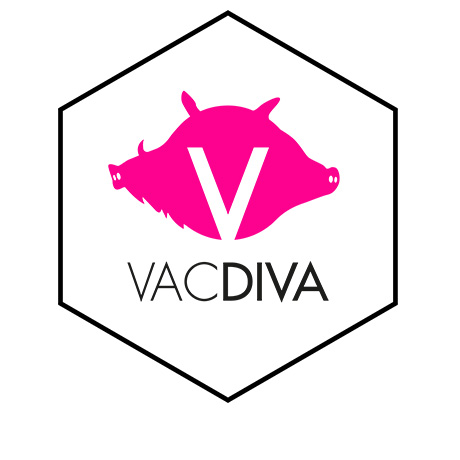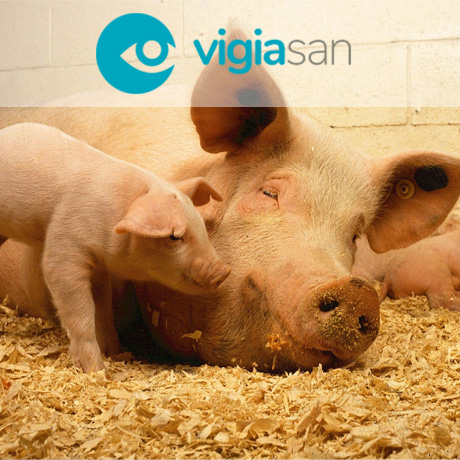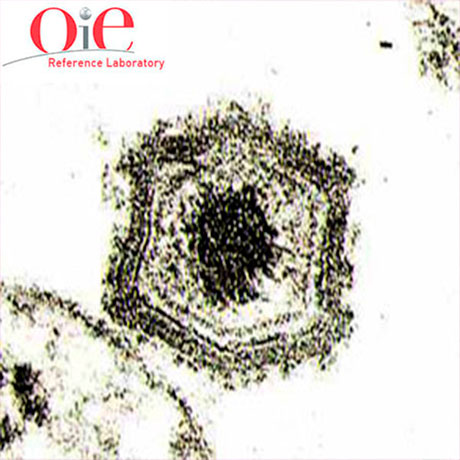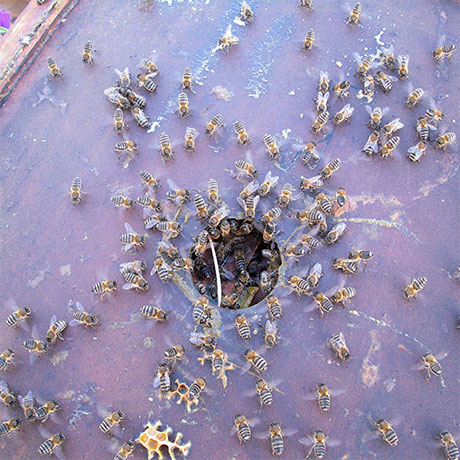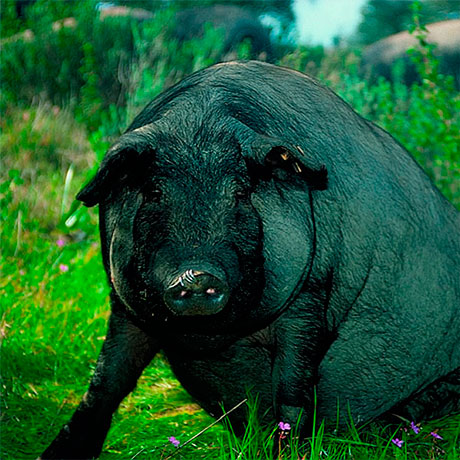2011 FIMA
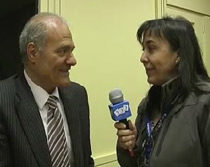 Interview with Prof. Sánchez-Vizcaíno in www.3tres3.comduring FIMA 2011.
Interview with Prof. Sánchez-Vizcaíno in www.3tres3.comduring FIMA 2011.
Animal health in the veterinary environment
 Professor Jose Manuel Sánchez-Vizcaíno attended on February 18, as a speaker at the First National Congress of Veterinary Science students.
Professor Jose Manuel Sánchez-Vizcaíno attended on February 18, as a speaker at the First National Congress of Veterinary Science students.
His speech is about the Animal health in the veterinary environment.
The meeting instends to promote research and dissemination of results among future profesionals (see the program).
Media about this new:
Veterinaria despierta el apetito investigador de los estudiantes - laverdad.es 18/2/2011
Sánchez-Vizcaíno intervendrá en el I Congreso Nacional de Alumnos de Veterinaria - murcia.com "Ciudad de Murcia" 17/02/2011
2011 World Veterinary Year
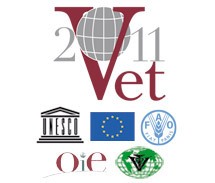
Bourgelat’s genius did not stop there. As a result of his fruitful collaboration with surgeons in Lyon, he was also the first scientist who dared to suggest that studying animal biology and pathology would help to improve our understanding of human biology and pathology. 2011 will also mark the 250th anniversary of the concept of comparative pathobiology, without which modern medicine would never have emerged.
Therefore, it is not just the anniversary of the creation of veterinary training that we should be celebrating in France in 2011. The entire world should join with us in celebrating our veterinary profession, which has been working to improve both animal and human health for the past 250 years.
We hereby propose that 2011 should be declared:
Read all here: World Veterinary Year ( www.vet2011.org )
9th International Congress of the ESVV
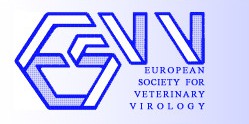 During the 8th International Congress of the European Society for Veterinary Virology (ESVV) in September 2009 our Veterinary Faculty was selected to organize the 9th Congress of the Society. This Congress will be held in September 5th,6th and 7th, 2012.
During the 8th International Congress of the European Society for Veterinary Virology (ESVV) in September 2009 our Veterinary Faculty was selected to organize the 9th Congress of the Society. This Congress will be held in September 5th,6th and 7th, 2012.
- Emerging viruses
- Viral zoonoses
- Epidemiology, risk assessment and modeling
- Enzootic viral infectious
- Vaccines, antivirals and viral immunology
- Viral diagnosis
- Clinical virology
- Evolution and genomics
- Host-virus interactions
UE-Asia Meeting: "New generation researchers in pig viral diseases: building bridges from labs to policy and the farm"
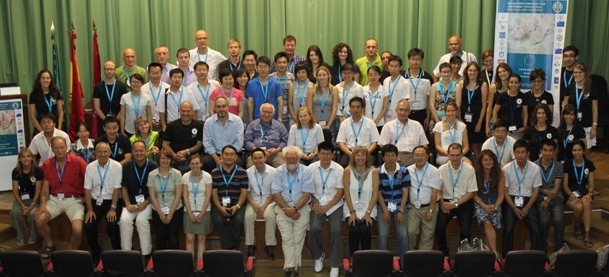
The international meeting: "New generation researches in pig viral diseases: building bridges from labs to policy and the farm", was held in Madrid last July 12th, 13th and 14th. Around 85 young delegates from Asia and Europe attended this conferfece. The conference program included the following presentations, that you can download by clicking at the title.



